Japan’s Record Surplus: Weak Yen Boosts Foreign Investment Returns

- Japan recorded a historic current account surplus of 3.19 trillion yen in July, driven by high returns on foreign investments and a weak yen.
- The yen’s depreciation against the U.S. dollar and euro significantly increased the value of foreign earnings.
- Despite a trade deficit, a surge in tourism due to the weak yen contributed to the surplus.
- This economic event highlights the complex interplay of currency value, foreign investments, trade balance, and tourism in shaping a country’s economy.
Japan has achieved an unprecedented economic milestone, recording a current account surplus of 3.19 trillion yen in July, the highest for the month in the country’s history. This significant achievement was primarily driven by record-breaking returns on foreign investments, which were bolstered by the weak yen, according to the Finance Ministry’s Monday report.
The primary income, which includes dividends and interest earnings from overseas investments, saw a substantial increase of 25.1 percent from the previous year, reaching 4.44 trillion yen. This figure is the highest for a single month since the country started maintaining comparable data in 1985.
The current account balance, a broad measure of a nation’s international trade, rose by 15.1 percent, marking the 18th consecutive month of surplus. A ministry official attributed this increase to the fall in the yen’s value in July compared to the same period last year, which pushed up investment returns.
Impact of Yen Depreciation on Investment Returns
In July, the yen averaged 158.06 against the U.S. dollar, marking an 11.9 percent depreciation from the previous year. The Japanese currency also fell 9.7 percent to 171.09 against the euro in the same month. This depreciation of the yen has had a significant impact on the country’s investment returns, as the lower value of the yen increases the value of foreign earnings when converted back into the domestic currency.
However, despite the record-breaking surplus, Japan logged a trade deficit of 482.7 billion yen, a stark contrast from the surplus of 107.2 billion yen a year earlier. This deficit was primarily due to an increase in imports of pharmaceutical products and communication devices, which outpaced the rise in semiconductor exports. Imports grew 16.8 percent to 9.90 trillion yen, while exports rose 9.7 percent to 9.42 trillion yen.
The depreciation of the yen also had a significant impact on the country’s tourism sector. The weak yen attracted more foreign tourists to Japan, pushing the travel surplus to a record 553.4 billion yen. This surplus indicates that spending by foreign travelers in Japan exceeded that by Japanese tourists abroad.
Tourism Boom and Services Trade Deficit
In July, the number of foreign visitors to the country surged 41.9 percent to 3.29 million, setting a record high for a single month, according to the Japan National Tourism Organization. This surge in tourism is reminiscent of the 2015 tourism boom, when the yen’s depreciation led to a record number of foreign tourists visiting the country.
The services trade deficit, however, shrank to 532.8 billion yen as the increase in the travel surplus partly offset a deficit in digital services trade, such as streaming and online ads.
In a broader context, this economic event is reminiscent of the late 1980s, when Japan experienced a similar surge in its current account surplus due to high returns on foreign investments. However, the current situation is unique due to the combination of a weak yen, high returns on foreign investments, and a surge in tourism.
In conclusion, Japan’s record-high current account surplus in July is a significant economic event, driven primarily by high returns on foreign investments due to a weak yen. Despite a trade deficit, the country has managed to maintain a surplus for the 18th consecutive month, thanks to the increase in primary income and a surge in tourism. This event underscores the complex interplay of various economic factors, including currency value, foreign investments, trade balance, and tourism, in shaping a country’s economic landscape.
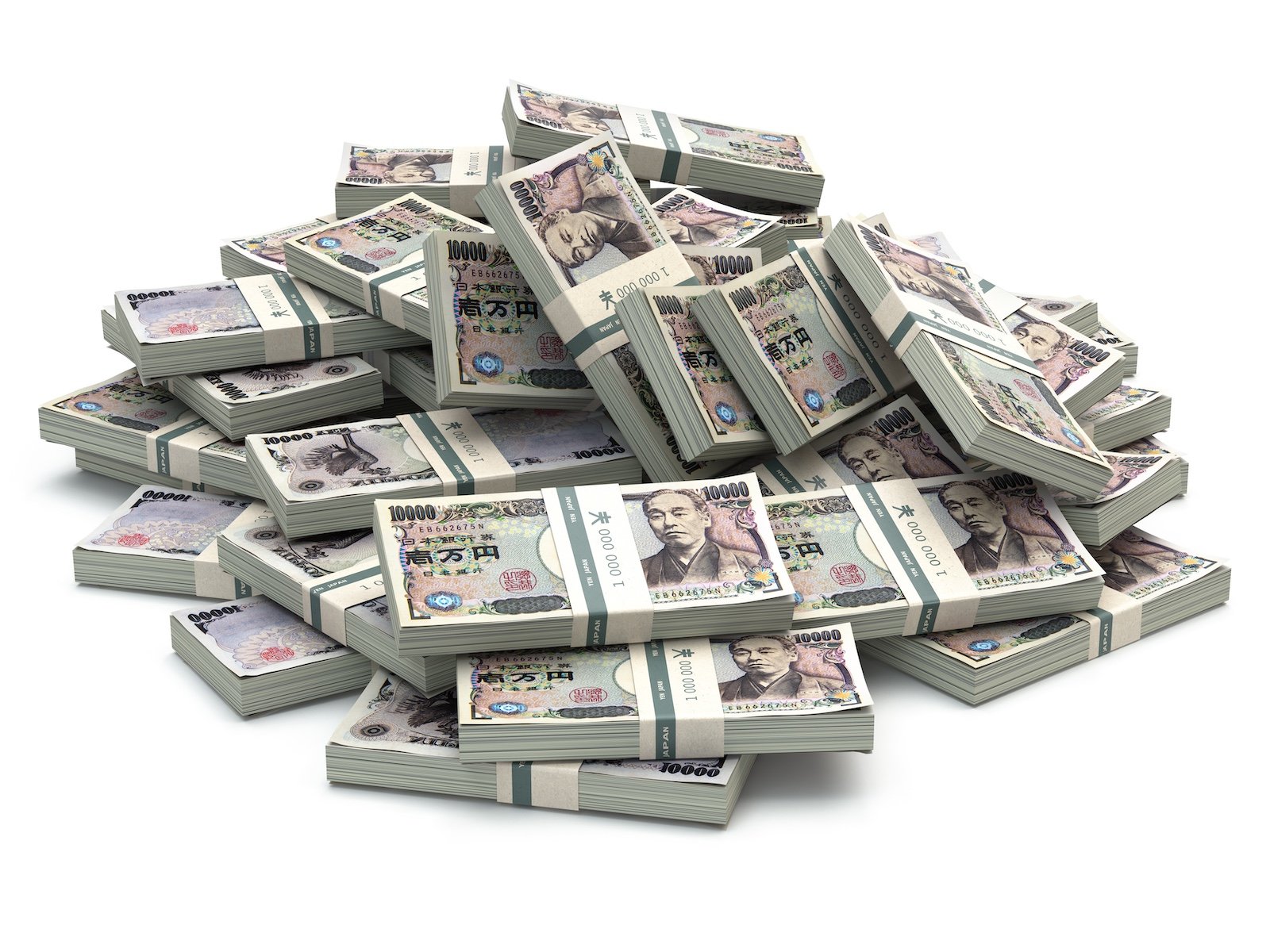
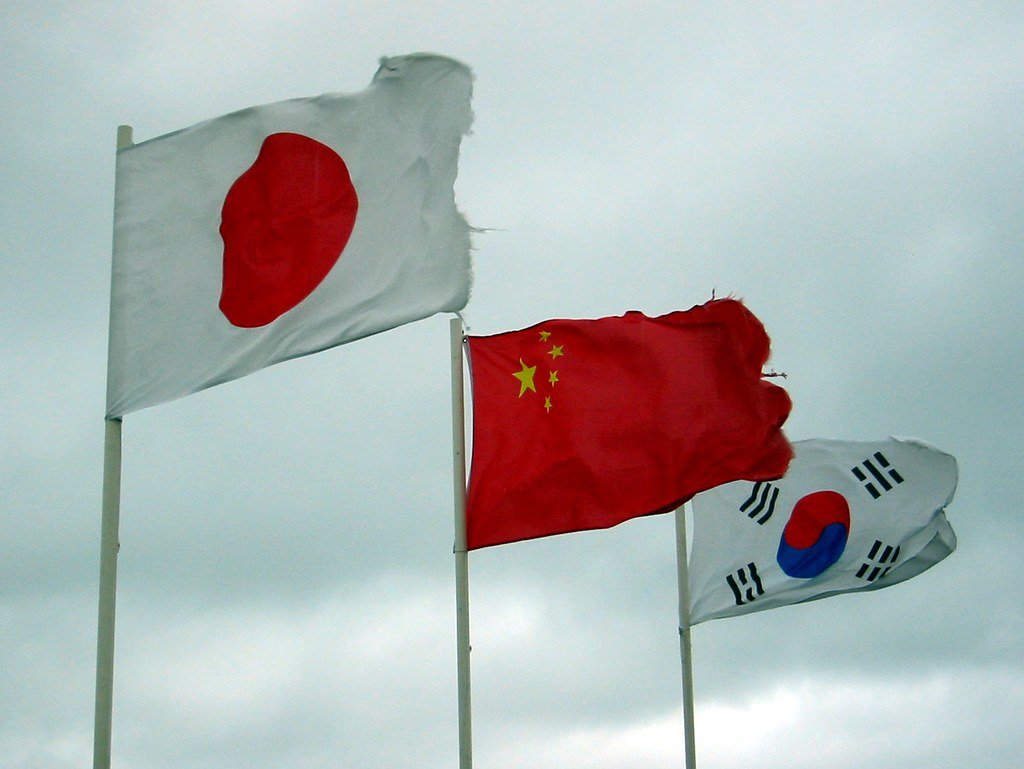

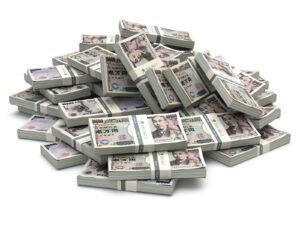
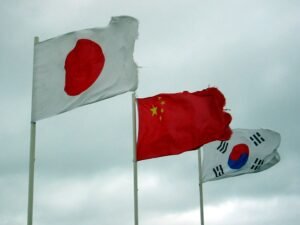
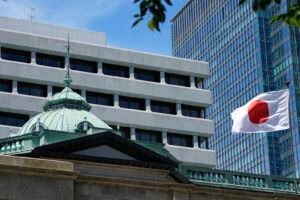


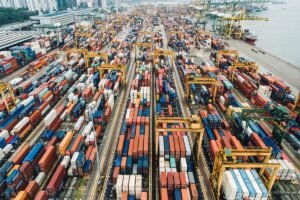



Post Comment